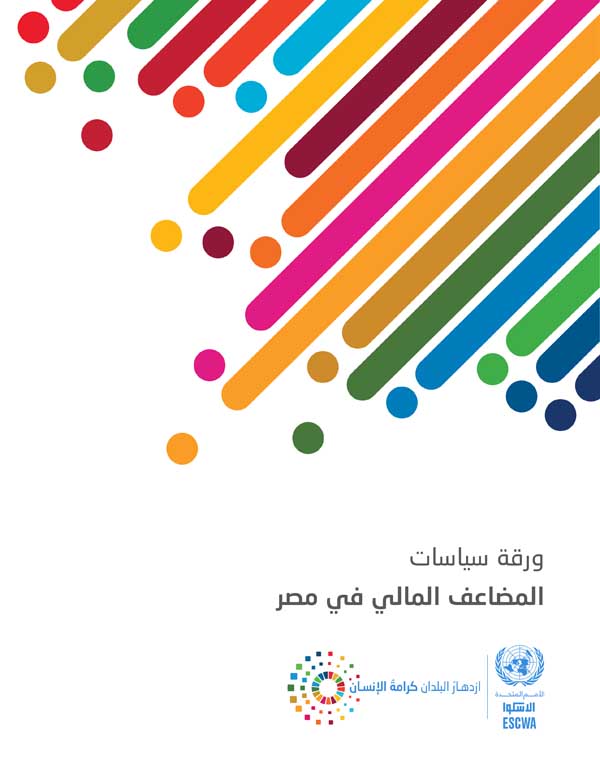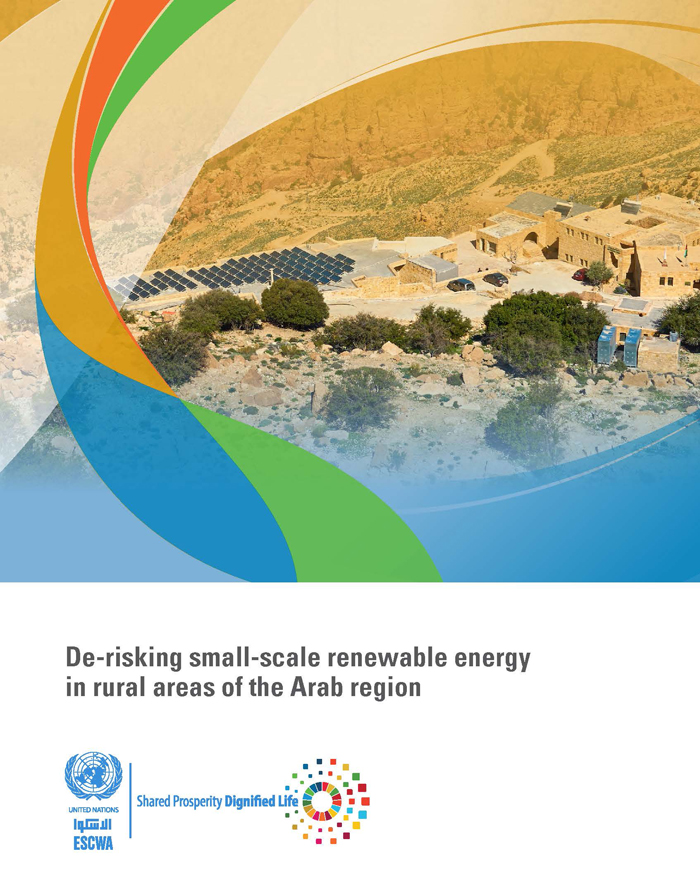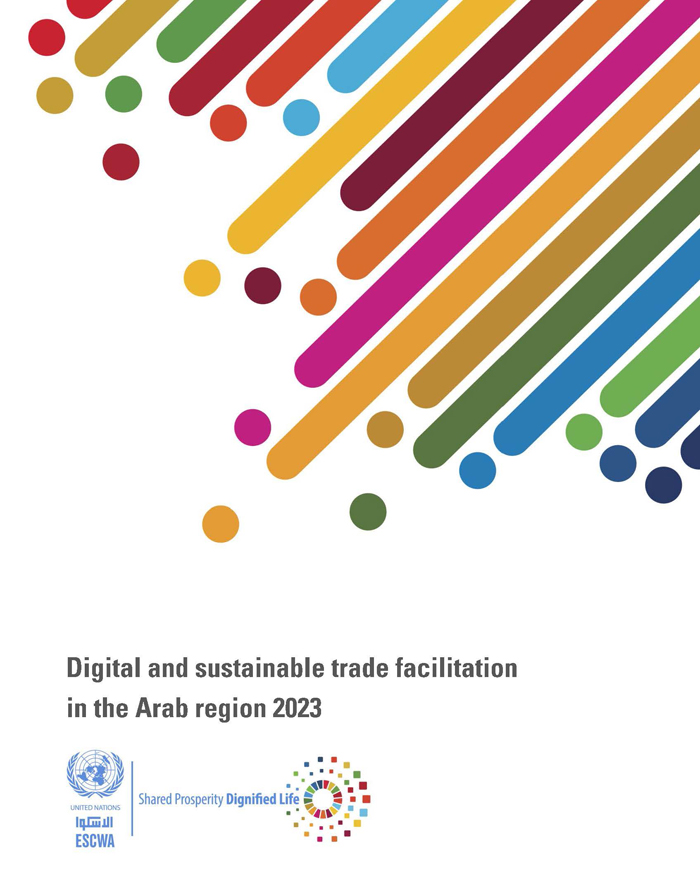
ESCWA Publication: E/ESCWA/CL3.SEP/2020/TP.6
Country: Arab Republic of Egypt
Publication Type: Information material
Cluster: Shared Economic Prosperity
Focus Area: Debt and fiscal policy, Financing for development
Initiatives: Debt Optimization to Enhance Fiscal Space, Social Expenditure Monitor for Arab States, Public finance and inclusive fiscal policy
SDGs: Agenda 2030
Keywords: Technical cooperation, Fiscal policy, Economics
Fiscal multiplier in Egypt
January 2020
This paper includes 3 sections: the first section displays the structure and development of government spending in Egypt. The second section discusses the methodology for measuring the fiscal multiplier and results. The final section presents the proposed policies in light of the results of Egypt's estimated fiscal multiplier. The results of the model indicate that the aggregate fiscal multiplier is weak in general in Egypt, but there are striking differences across expenditure items.
The multipliers for both purchase of goods and services and investment spending are higher as compared to the other multipliers of the budget items. Subsidies, wages and interest payments account for the largest percentage of expenditure, but their contribution to growth is weak as noted from the weak fiscal multiplier of these items. The goal of fiscal policy in the short term and in light of the current crisis is to stimulate production and income. Thus, it is important to take into consideration the impact of different budget items on the output when designing incentive packages, so that additional credits are directed to items that will contribute to achieving the targeted increase in output.
Related content
Debt and fiscal policy
, Financing for development
,
This paper includes 3 sections: the first section displays the structure and development of government spending in Egypt. The second section discusses the methodology for measuring the fiscal multiplier and results. The final section presents the proposed policies in light of the results of Egypt's estimated fiscal multiplier. The results of the model indicate that the aggregate fiscal multiplier is weak in general in Egypt, but there are striking differences across expenditure items.
The multipliers for both purchase of goods and services and investment spending are higher as compared to the other multipliers of the budget items. Subsidies, wages and interest payments account for the largest percentage of expenditure, but their contribution to growth is weak as noted from the weak fiscal multiplier of these items. The goal of fiscal policy in the short term and in light of the current crisis is to stimulate production and income. Thus, it is important to take into consideration the impact of different budget items on the output when designing incentive packages, so that additional credits are directed to items that will contribute to achieving the targeted increase in output.



